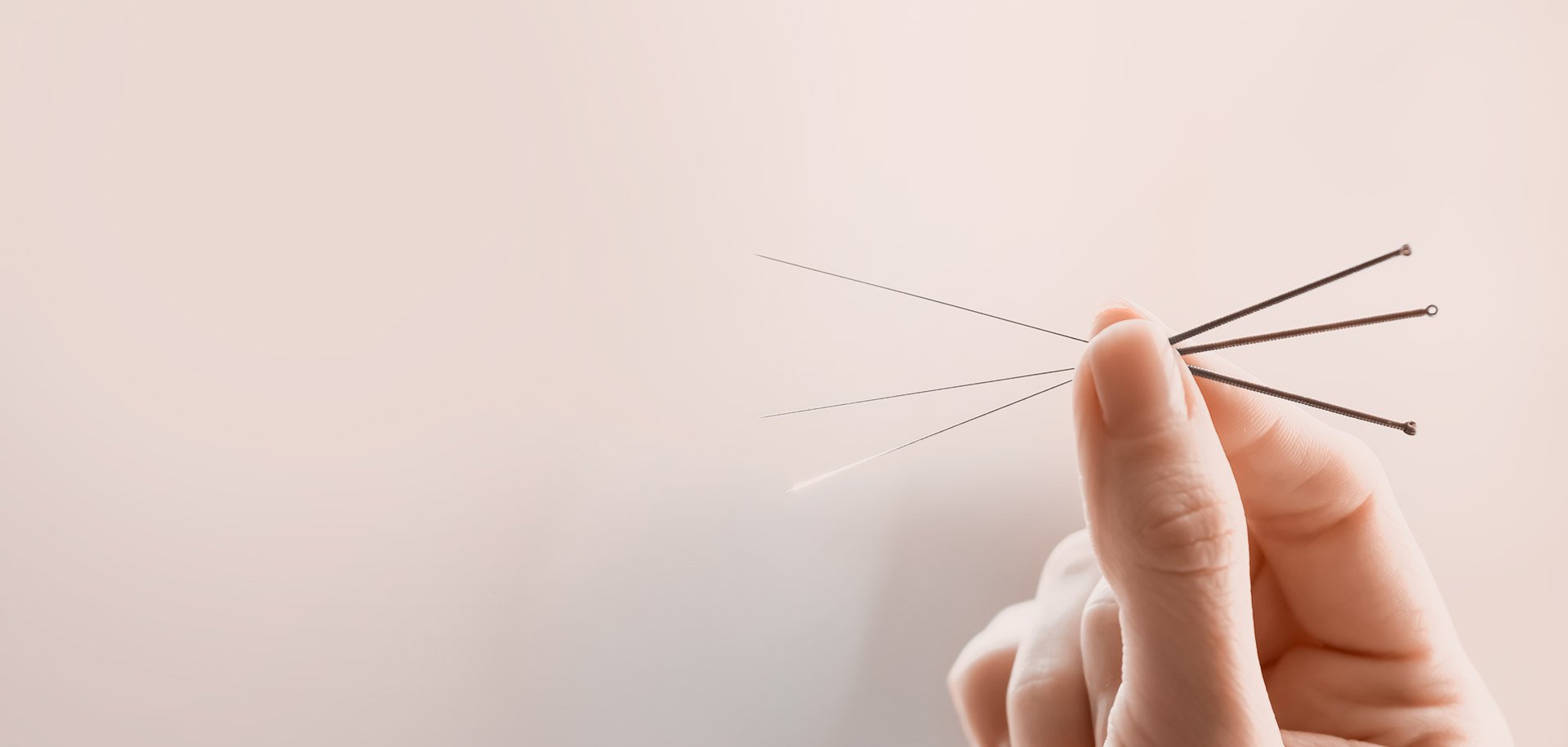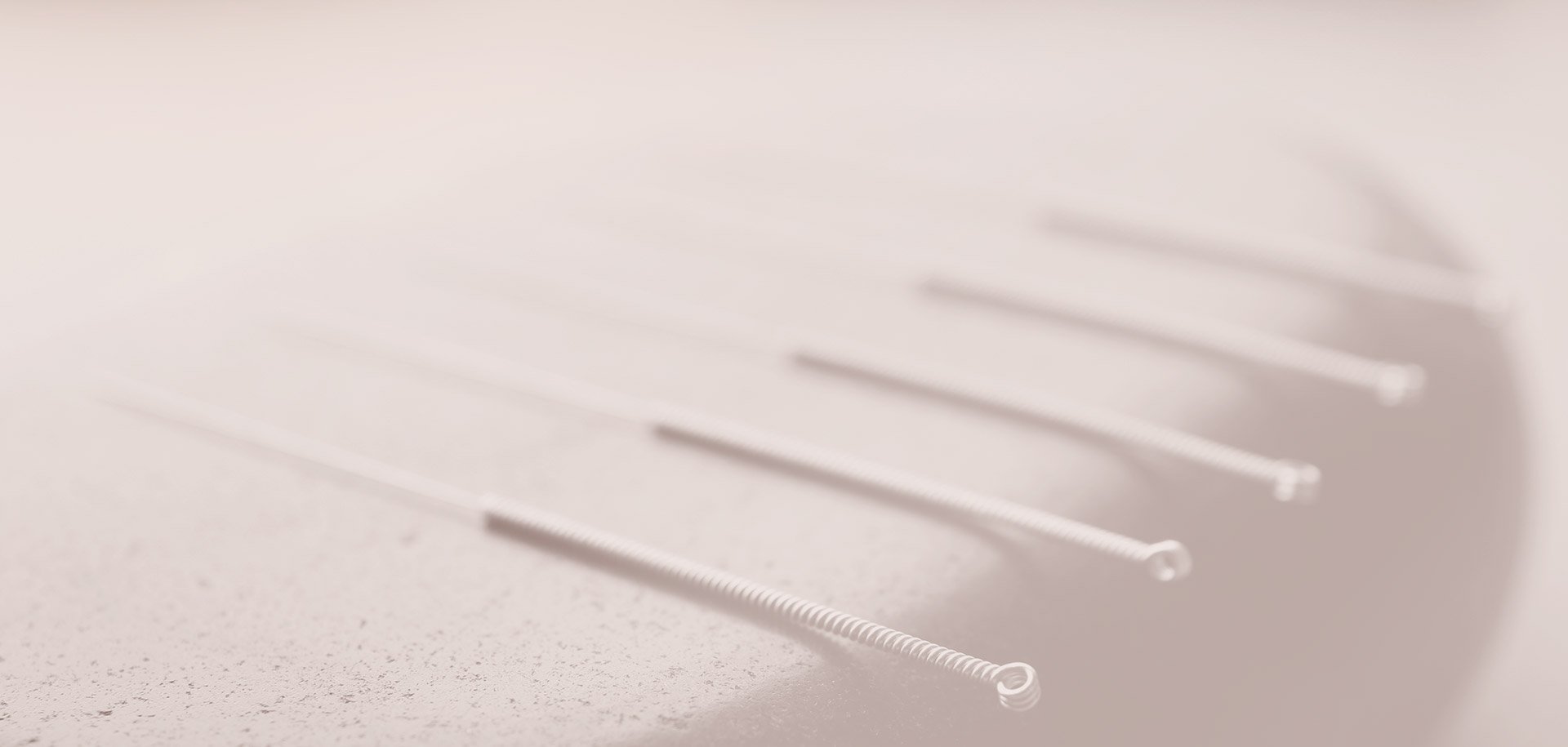The Hidden Impact: Exploring the Effects of Alcohol on Sleep
Many people believe that a glass of wine or a nightcap before bed helps them unwind and fall asleep more easily. While alcohol may initially induce drowsiness, scientific research has consistently shown that its overall effect on sleep is quite disruptive. Understanding the effects of alcohol on sleep can help you make more informed decisions about your nighttime habits and long-term health.
Alcohol and the Sleep Cycle
The human sleep cycle is composed of several stages, including light sleep, deep sleep (slow-wave sleep), and REM (rapid eye movement) sleep. Each stage plays a unique role in physical restoration, memory processing, and emotional regulation. Alcohol interferes with the normal progression through these stages, particularly by suppressing REM sleep—the stage linked to dreaming and mental recovery.
When alcohol is consumed close to bedtime, it can shorten the time it takes to fall asleep. However, as the alcohol is metabolized during the night, sleep becomes more fragmented. This leads to frequent awakenings, reduced sleep quality, and overall restlessness.
Short-Term and Long-Term Consequences
In the short term, the effects of alcohol on sleep might include:
- Difficulty staying asleep through the night
- Vivid or disturbing dreams due to REM rebound
- Snoring and disrupted breathing, especially in people prone to sleep apnea
- Dehydration and frequent urination, which can cause nighttime awakenings
Over the long term, regular alcohol use before bed can lead to chronic insomnia, daytime fatigue, and an increased risk of mood disorders like anxiety and depression. It may also weaken the immune system and impair cognitive performance, making it harder to concentrate and remember things.
Alcohol and Sleep Disorders
Alcohol can exacerbate pre-existing sleep disorders. For example, individuals with obstructive sleep apnea may experience worsened symptoms, as alcohol relaxes the throat muscles, increasing the likelihood of airway blockage. Those with insomnia may find themselves trapped in a cycle—using alcohol to fall asleep, only to wake up more tired and anxious the next day.
Healthy Alternatives for Better Sleep
Rather than relying on alcohol, consider healthier methods to support better rest:
- Establish a bedtime routine: Create a calming pre-sleep ritual like reading, stretching, or listening to soothing music.
- Limit screen time: Blue light from phones and TVs can suppress melatonin production, making it harder to fall asleep.
- Stay consistent: Go to bed and wake up at the same time every day to regulate your circadian rhythm.
- Try herbal teas: Chamomile, valerian root, and lavender teas are known to promote relaxation without negative side effects.
Making these small lifestyle changes can significantly improve your sleep quality and overall health over time.
Final Thoughts
While alcohol may appear to be a quick fix for sleep troubles, its long-term consequences far outweigh the short-term benefits. The effects of alcohol on sleep can lead to a cycle of poor rest, low energy, and increasing dependence on external substances for relaxation.
For more tips on natural wellness, sleep improvement strategies, and holistic health, visit Phases Cosmetic. Their resources can guide you toward better lifestyle habits that support not only restful sleep but a more balanced and energized life.


